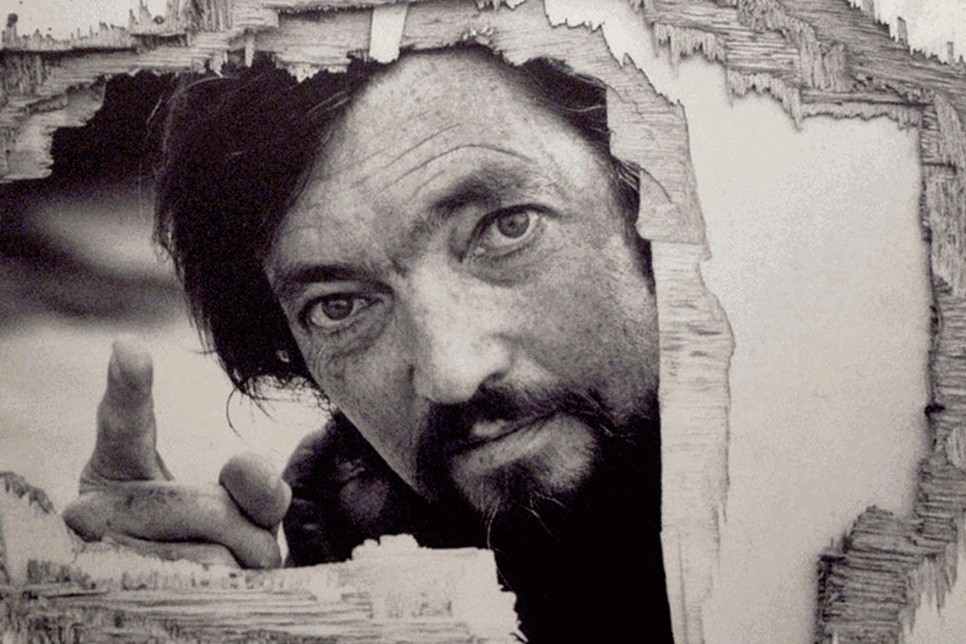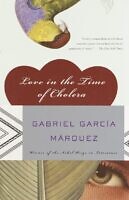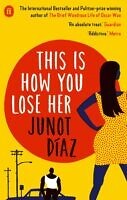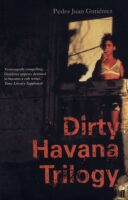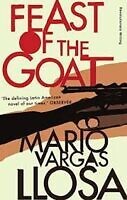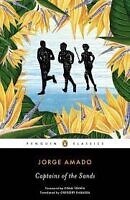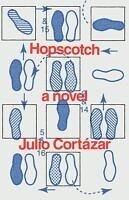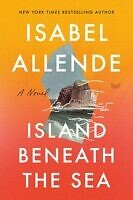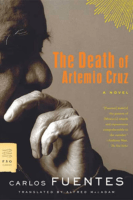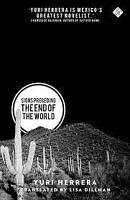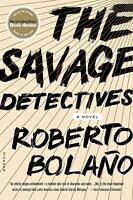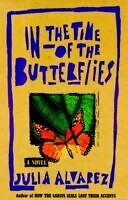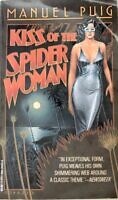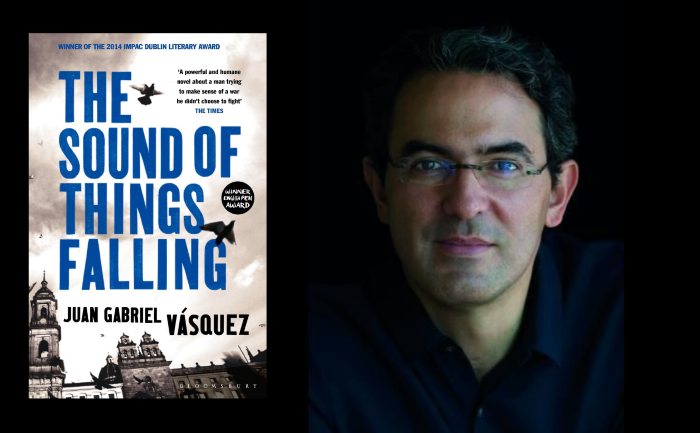Latin American Books began to receive international acclaim in the 1960s and 70s during a literary movement known as the Latin American Boom. We’ve selected 12 of the Best Latin American Books for your enjoyment, some amazing authors and famous works.
This post may contain affiliate links that earn us a commission at no extra cost to you.
Best Latin American Books
Love in the time of Cholera by Gabriel García Márquez
Florentino Ariza is a hopeless romantic who falls passionately for the beautiful Fermina Daza, but finds his love tragically rejected. Instead Fermina marries distinguished doctor Juvenal Urbino, while Florentino can only wait silently for her.
He can never forget his first and only true love. Then, fifty-one years, nine months and four days later, Fermina’s husband dies unexpectedly.
At last Florentino has another chance to declare his feelings and discover if a passion that has endured for half a century will remain unrequited, in a rich, fantastical and humane celebration of love in all its many forms. Another classic from the most famous Latin American Author.
This Is How You Lose Her by Junot Díaz
This Is How You Lose Her is the second collection of short stories by Junot Díaz and the third of Díaz’s books to feature his recurring protagonist Yunior, the collection is composed of nine interlinked short stories.
This Is How You Lose Her: the title announces the theme, which is, overwhelmingly, infidelity. Díaz writes a cracking love rat. Alongside the addictive voice and killer eye for detail , the chief pleasure of these stories is the unflinching honesty Díaz brings to the subject of betrayal.
Dirty Havana Trilogy by Pedro Juan Gutiérrez
Dirty Havana Trilogy by Pedro Juan Gutierrez is a visceral picaresque, a damning portrait of vice and poverty, and an insane journey into the condemned soul of a sexual deviant.
Banned in Cuba but celebrated throughout the Spanish speaking world, Gutierrez’s picaresque novel is a fierce, loving tribute to Havana and the defiant, desperate way of life that flourishes amid its decay.
Feast of the Goat by Mario Vargas Llosa
Mario Vargas Llosa recounts the end of a regime and the birth of a terrible democracy, giving voice to the historical Trujillo and the victims, both innocent and complicit, drawn into his deadly orbit.
Haunted all her life by feelings of terror and emptiness, forty-nine-year-old Urania Cabral returns to her native Dominican Republic – and finds herself reliving the events of l961, when the capital was still called Trujillo City and one old man terrorized a nation of three million. Rafael Trujillo, the depraved ailing dictator whom Dominicans call the Goat, controls his inner circle with a combination of violence and blackmail. In Trujillo’s gaudy palace, treachery and cowardice have become a way of life. But Trujillo’s grasp is slipping. There is a conspiracy against him, and a Machiavellian revolution already underway that will have bloody consequences of its own.
Captains of the Sands by Jorge Amado
They call themselves ‘Captains of the Sands’, a gang of orphans and runaways who live by their wits and daring in the torrid slums and sleazy back alleys of Bahia. Led by fifteen-year-old ‘Bullet’, the band – including a crafty liar named ‘Legless’, the intellectual ‘Professor’, and the sexually precocious ‘Cat’ – pulls off heists and escapades against the privileged of Brazil.
But when a public outcry demands the capture of the ‘little criminals’, the fate of these children becomes a poignant, intensely moving drama of love and freedom in a shackled land. Captains of the Sands captures the rich culture, vivid emotions, and wild landscape of Bahia with penetrating authenticity and brilliantly displays the genius of Brazil’s most acclaimed author.
Hopscotch by Julio Cortázar
Horacio Oliveira is an Argentinian writer who lives in Paris with his mistress, La Maga, surrounded by a loose-knit circle of bohemian friends who call themselves “the Club.” A child’s death and La Maga’s disappearance put an end to his life of empty pleasures and intellectual acrobatics, and prompt Oliveira to return to Buenos Aires, where he works by turns as a salesman, a keeper of a circus cat which can truly count, and an attendant in an insane asylum. Hopscotch is the dazzling, freewheeling account of Oliveira’s astonishing adventures.
Island Beneath the Sea by Isabel Allende
Opening in Saint Domingue a few years before the Haitian revolution would tear it apart, the story has at its center Zarité, a mulatto whose extraordinary life takes her from that blood-soaked island to dangerous and freewheeling New Orleans; from rural slave life to urban Creole life and a different kind of cruelty and adventure. Yet even in the new city, Zarité can’t quite free herself from the island, and the people alive and dead that have followed her.
The Death of Artemio Cruz by Carlos Fuentes
As the novel opens, Artemio Cruz, the all-powerful newspaper magnate and land baron, lies confined to his bed and, in dreamlike flashes, recalls the pivotal episodes of his life. Carlos Fuentes manipulates the ensuing kaleidoscope of images with dazzling inventiveness, layering memory upon memory, from Cruz’s heroic campaigns during the Mexican Revolution, through his relentless climb from poverty to wealth, to his uneasy death. Perhaps Fuentes’s masterpiece, The Death of Artemio Cruz is a haunting voyage into the soul of modern Mexico.
Signs Preceding the End of the World by Yuri Herrera
Yuri Herrera short novella focuses on the border between Mexico and the United States and those who cross it. He explores the crossings and translations people make in their minds and language as they move from one country to another, especially when there’s no going back.
Traversing this lonely territory is Makina, a young woman who knows only too well how to survive in a violent, macho world. Leaving behind her life in Mexico to search for her brother, she is smuggled into the USA carrying a pair of secret messages – one from her mother and one from the Mexican underworld.
The Savage Detectives by Roberto Bolaño
New Year’s Eve, 1975: Arturo Belano and Ulises Lima, founders of the visceral realist movement in poetry, leave Mexico City in a borrowed white Impala. Their quest: to track down the obscure, vanished poet Cesárea Tinajero. A violent showdown in the Sonora desert turns search to flight; twenty years later Belano and Lima are still on the run.
In the Time of the Butterflies by Julia Alvarez
It is November 25, 1960, and three sisters have been found near their wrecked Jeep at the bottom of a 150-foot cliff on the north coast of the Dominican Republic. The official state newspaper reports their deaths as accidental. It does not mention that a fourth sister lives. Nor does it explain that the sisters were among the leading opponents of the dictatorship of General Rafael Leónidas Trujillo. It doesn’t have to. Everybody knows of Las Mariposas–the Butterflies.
Kiss of the Spider Woman by Manuel Puig
Kiss of the Spider Woman is a graceful, intensely compelling novel about love and victimization. In an Argentine prison, two men share a cell: Molina, a gay window dresser who is self-centered, self-denigrating, yet charming as well; and Valentin, an articulate, fiercely dogmatic revolutionary haunted by memories of a woman he left for the cause. Both are gradually transformed by their guarded but growing friendship and by Molina’s obsession with the fantasy and romance of the movies.
If you enjoyed our recommendations for the Best Latin American Books, give our Latin American Quiz a try


